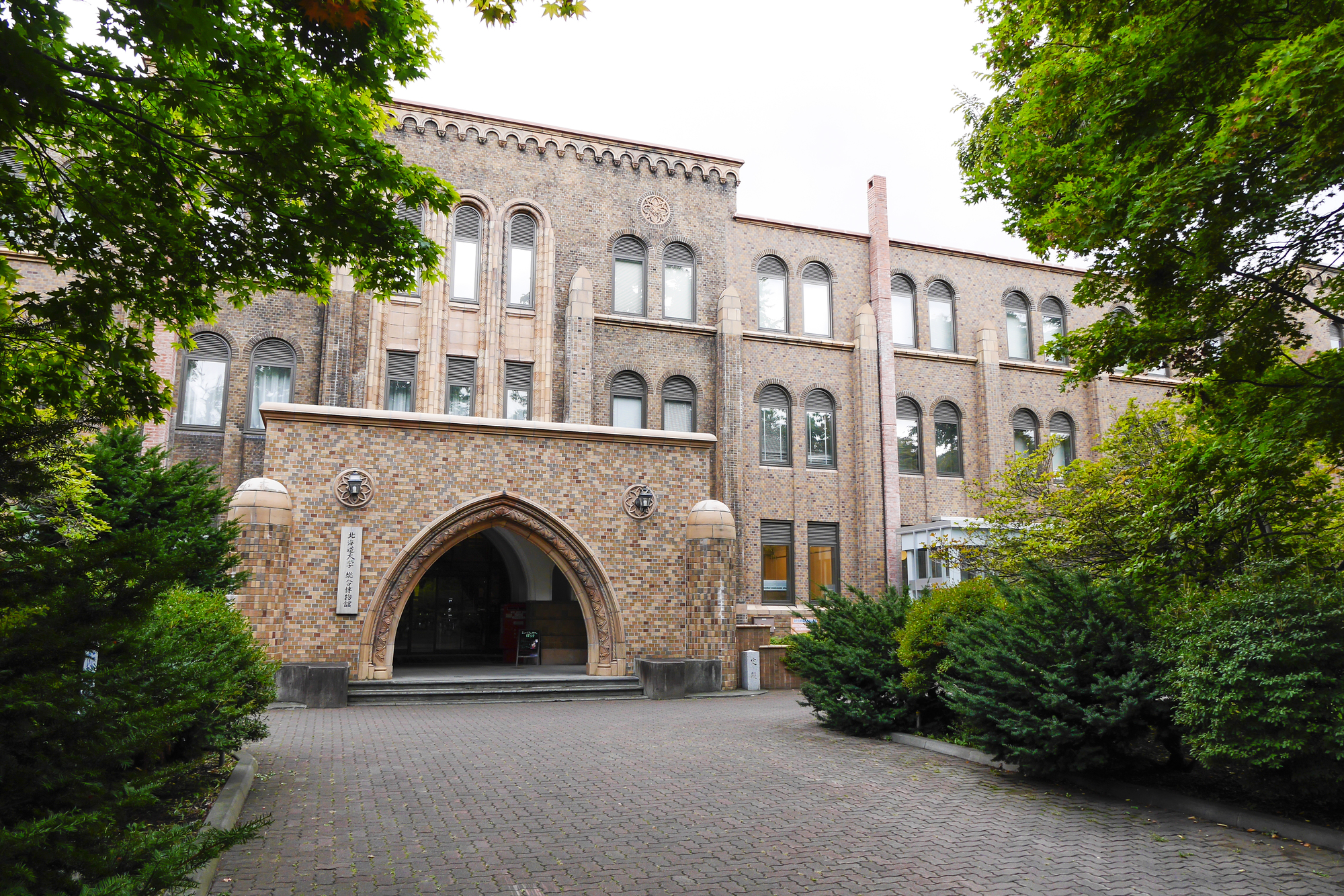Research groups at Hokkaido University and Kyoto University have developed a method to realize a quantum computer using light at the current technological level.
Quantum computers are expected to be able to process prime factorization, molecular properties, and chemical reaction simulations at much higher speeds than current computers by using the "superposition principle" of quantum mechanics. It is being actively researched and developed in Japan.
There are various candidates such as superconducting magnetic flux and electron spin as the basic unit (qubit) of a quantum computer.The research group has focused on light, which is advantageous for realizing large-scale quantum computation.However, when light is used, errors are likely to occur, and in order to realize quantum calculation, it is necessary to reduce the accuracy (dispersion) of the amplitude of the light wave to 40/1 or less of the noise of ordinary laser light.With this, the number of errors is less than once per 370 trillion operations, but it was very difficult to achieve at the current technical level.
Therefore, this time, we propose a method to remove qubits that are likely to have caused an error.By applying this to the generation of "entangled" (Note) states, it was theoretically confirmed that a large-scale entangled state resistant to errors can be constructed.As a result of applying this method to quantum computation, a quantum computer can be realized if the amplitude accuracy (dispersion) is 10/1 or less of normal noise.This requires less than one error per 1 operations, and we have succeeded in developing a method that is about 1 billion times more resistant to errors than the conventional method.With this error rate, it is possible to reach even the current technical level.
This research is the world's first pioneering research to clarify the realistic construction method of quantum computers using light, and it is expected to further accelerate the development of this field.
(Note) A peculiar correlation between multiple quanta due to "superposition" of states.
Paper information:[Physical Review X] High-Threshold Fault-tolerant Quantum Computation with Analog Quantum Error Correction


